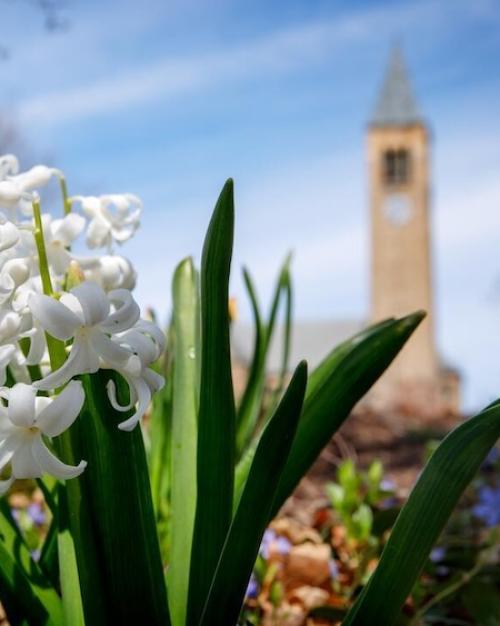Informed by expert testimony from Jon Parmenter on the history of treaties between Indigenous nations and the British Crown, the Quebec Superior Court recently stayed federal charges against two Mohawk men – touching off what some Canadian legal experts called “an earthquake in Indigenous rights jurisprudence.”
In 2016, Derek White and Hunter Montour were charged with importing large amounts of tobacco into Canada from the United States without paying taxes amounting to millions of dollars. It’s been a high-profile case from the beginning, said Parmenter, associate professor of history in the College of Arts and Sciences, and their defense – asserting an Aboriginal right to trade based on 18th century treaties -- required historical expertise to prove.
Parmenter helped the defense successfully make the case that a specific treaty between Indigenous nations and the British Crown was recognized on 20 different occasions between 1700 and 1760 and is still legally binding – and thus the defendants do not owe tax. He said the defense attorneys learned of his expertise through his book, “The Edge of the Woods: Iroquoia, 1534-1701.”
“The question I was tasked to answer was to what degree did the British Crown recognize the right of the Haudenosaunee [a confederacy that includes the Mohawks] to engage in trade across international boundaries at and shortly after the time of contact,” Parmenter said.
“Because I’ve researched that issue for many years, I was able to provide a lengthy paper trail documenting that the Crown not only recognized the right of Mohawk people to trade across what at the time were intercolonial boundaries between colonial New France, Quebec and colonial British America in New York, its officials actually encouraged it because it was profitable for everyone involved.”
Parmenter submitted a written report of about 120 pages, then testified in the Montreal courtroom in fall 2021 (via video from Ithaca) for a total of about two days.
Parmenter’s testimony, together with several other scholarly witnesses, built a case that White and Montour do have treaty-guaranteed rights as Indigenous people.
The argument convinced Quebec Superior Court Justice Sophie Bourque.
Parmenter said the judge avoided the common error of seeing the outcome of the colonial process — the subjugation of Indigenous peoples — as something that was clearly predictable to people alive at the time.
“When you try to understand it as people at the time would have, these [treaties] were necessary and important concessions because the Haudenosaunee had the military capacity to create significant problems for the British,” Parmenter said. “In fact, the earlier you go, the more dangerous they were.”
Justice Bourque’s decision to stay the federal charges against White and Montour, announced Nov. 1, was based on bringing Canadian law into alignment with the U.N. Declaration on the Rights of Indigenous Peoples (UNDRIP), which Canada endorsed in 2016 and enshrined into law in 2021.
“It’s a rare moment where testimony on behalf of Indigenous rights actually persuaded a judge,” Parmenter said.
The governments of Quebec and Canada have already appealed the decision, and Parmenter expects the case will ultimately be resolved before the Supreme Court of Canada.





